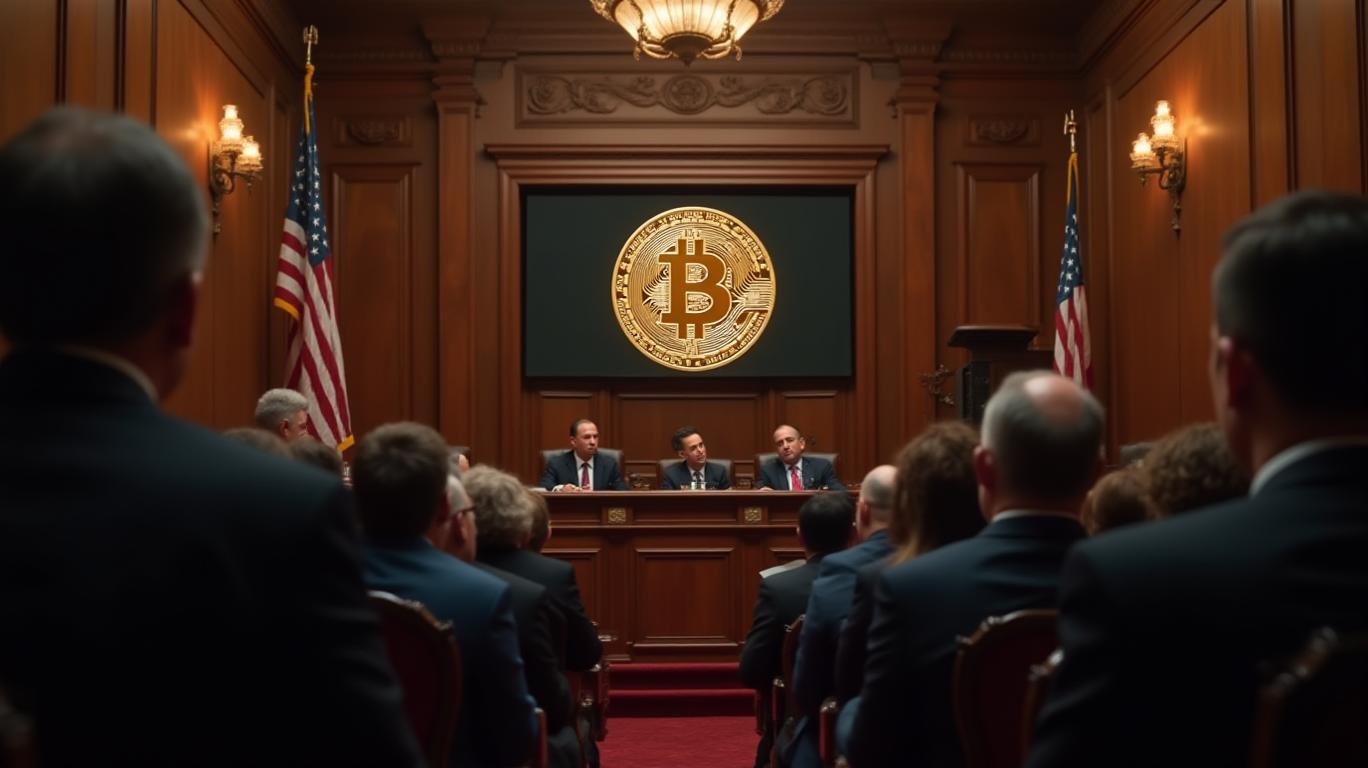"Bitcoin: Illinois and Indiana Lead U.S. States in Embracing Crypto Reserves"
Illinois and Indiana are at the forefront of a growing trend in the U.S., exploring the integration of Bitcoin into their financial strategies to enhance financial resilience and government efficiency. Both states have proposed bills that aim to establish strategic Bitcoin reserves, signaling a shift in the acceptance of cryptocurrency as a financial asset.
Illinois State Representative John M. Cabello has introduced House Bill 1844 (HB1844), also known as the Strategic Bitcoin Reserve Act. This bill highlights Bitcoin's potential as a decentralized, finite digital asset that can act as a hedge against inflation and economic volatility. The proposed legislation seeks to establish the Strategic Bitcoin Reserve Fund, which would be managed by the State Treasurer. The fund would accept Bitcoin donations from both residents and governmental entities, with a minimum holding period of five years. The bill also outlines comprehensive guidelines for the security and management of the fund, emphasizing accountability through regular reporting and empowering the State Treasurer to implement necessary regulations.
Conversely, Indiana is adopting a dual approach with House Bill 1322, led by state Representative Jake Teshka, along with co-authors Shane Lindauer and Cory Criswell. This bill not only advocates for blockchain adoption but also outlines strategies for Bitcoin investment. The legislation mandates the Department of Administration to investigate how blockchain technology can enhance government efficiency, data security, and improve consumer service. Crucially, the bill facilitates state-managed investments in Bitcoin, enabling funds from the public employees' retirement fund, state teachers' retirement fund, and public officers' funds to be allotted to recognized Bitcoin exchange-traded funds (ETFs). These include spot Bitcoin ETFs that directly hold Bitcoin and futures ETFs, which observe Bitcoin's price fluctuations via derivatives.
These initiatives in Illinois and Indiana are part of a broader trend across the U.S. In Utah and Arizona, legislation is already advancing to authorize public fund investments in digital assets. Additionally, Texas Lieutenant Governor Dan Patrick has prioritized establishing a Bitcoin Reserve as a key agenda for 2025. Discussions in South Dakota and Kentucky may lead to similar legislative efforts to introduce Bitcoin reserve proposals in the near future.
The legislative moves in Illinois and Indiana signify a noteworthy shift towards integrating Bitcoin into state financial strategies. As these initiatives unfold, they represent not only an embrace of digital assets but also a commitment to harnessing technology for greater economic efficiency and public benefit. States that position themselves favorably 
Quickly understand the history and background of various well-known coins
Latest Articles
Stay ahead of the market.
Get curated U.S. market news, insights and key dates delivered to your inbox.



Comments
No comments yet